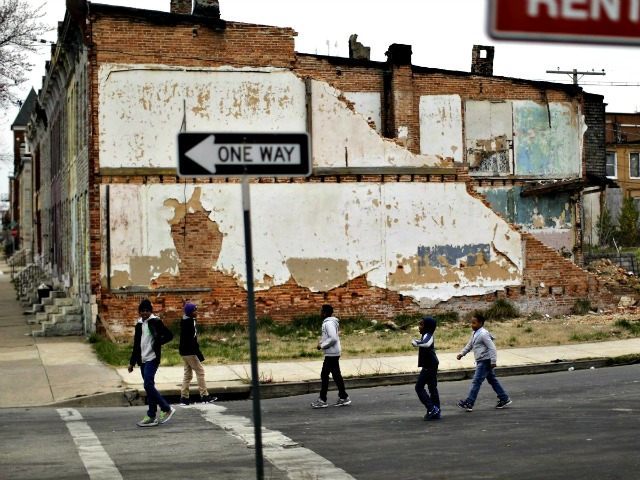They are on opposites sides of the aisle, but House Speaker Paul Ryan (R-OH) is considering taking up the Congressional Black Caucus’s plan to fight poverty, according to The Hill.
The Hill reports that Ryan has met with the CBC about the group’s plan to funnel more money to regions with high, long-term poverty and encouraged House appropriators to look at the model as they construct 2017 spending legislation.
The CBC’s anti-poverty approach, known as the 10-20-30 plan, according to The Hill, would dispatch 10 percent of federal discretionary spending to areas where at least 20 percent of the population has lived in poverty for at least 30 years.
Ryan met on Wednesday with members of the CBC, and the 10-20-30 plan was a central focus, according to a number of lawmakers in attendance. Ryan’s office has declined to reveal the details of that discussion, citing “the private conversation.” But the Democrats have been more vocal.
“He gave us a commitment that [10-20-30] is on his radar and that he understands the value of targeted funding,” Rep. G.K. Butterfield (D-N.C.), chairman of the CBC, said after the meeting. “It’s a bipartisan issue that we need to work on. And he acknowledged it, and we have a commitment from him that he’s actively working on a path forward for some type of legislation.”
A top CBC champion of the plan, Rep. James Clyburn (D-SC), the third-ranking Democrat in the House, added that Ryan offered his support for the plan.
“The Speaker expressed pretty firm support for this concept,” Clyburn told The Hill. “He indicated that he would be sitting down with the appropriators, with [House Appropriations Committee Chairman Hal] Rogers, to see how this can be implemented.”
The plan, Clyburn told The Hill, could impact 492 counties — 372 of which are under Republican representation.
“This is not about partisan politics. This is about this country’s resources going into communities of need,” Clyburn said. “[We’re] talking about poverty. Not black poverty, not white poverty, but poverty.”
Still, Democrats would also fare well under the plan largely because the persistently impoverished counties they represent tend to be populous urban regions.
Indeed, when Clyburn attached the 10-20-30 provision to the 2009 stimulus bill, Democrats represented 149 of the persistent poverty counties, with a total population of 8.8 million, according to Clyburn. Republicans represented 311 of those counties, with a total population of 8.3 million. (Fourteen counties, with a total population of 5.3 million, had split representation.)
Clyburn told The Hill he plans to meet with Rogers as soon as he can to get the effort in motion.

COMMENTS
Please let us know if you're having issues with commenting.